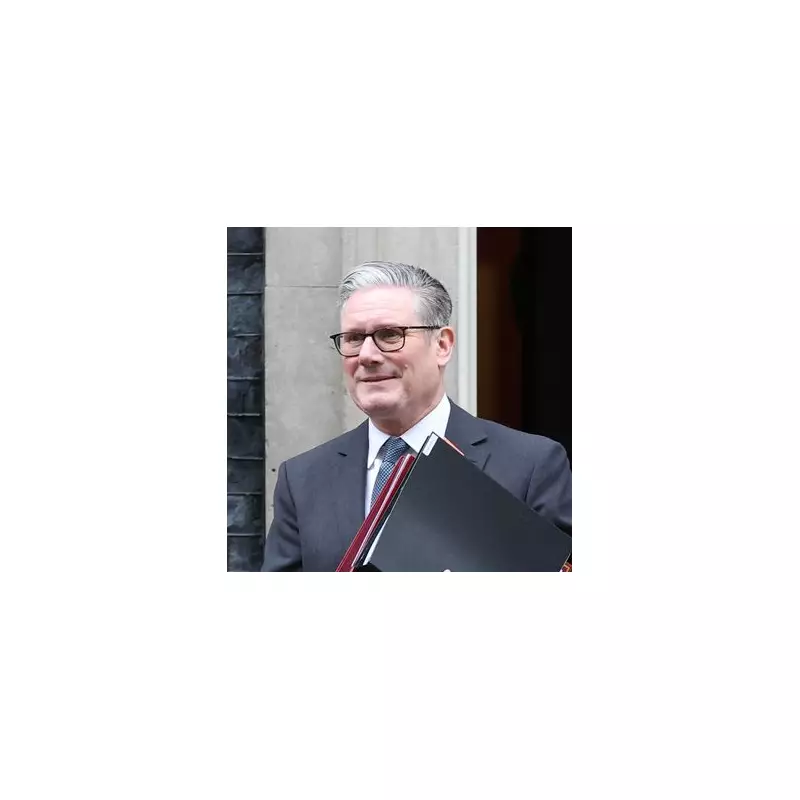
Sir Keir Starmer has sparked a political storm after refusing to rule out extending a controversial freeze on income tax thresholds during a heated Prime Minister's Questions session.
The Labour leader faced intense questioning from Tory counterpart Kemi Badenoch, who demanded clarity on whether the government would break its manifesto pledge by prolonging the freeze.
What is the stealth tax controversy?
Chancellor Rachel Reeves faces a critical decision on whether to extend the income tax threshold freeze beyond its planned 2028 end date. The policy, originally introduced by the Conservatives, acts as a stealth tax by dragging more people into higher tax brackets as their wages increase through inflation rather than real terms growth.
In her maiden Budget speech in October 2024, Ms Reeves had strongly criticised extending the freeze, arguing it would hurt working people and take more money out of their payslips. However, with the Treasury grappling with what was initially feared to be a multi-million pound black hole in public finances, speculation has mounted that the freeze could be extended for another two years.
The PMQs showdown
The confrontation reached its peak when Ms Badenoch directly challenged the Prime Minister: Can he confirm today that he won't break another promise by freezing income tax thresholds?
Mr Starmer's response avoided giving a clear answer, instead stating: The Budget is one week today and we will lay out our plans. He shifted focus to attacking previous Conservative policies, mentioning austerity and Liz Truss's borrowing spree while highlighting Labour's achievement of five million extra NHS appointments.
Ms Badenoch countered by reminding the chamber of the Chancellor's previous commitment: I am keeping every single promise on tax that I made in our manifesto. She questioned why freezing thresholds would represent a breach of manifesto commitments last year but not now.
Budget context and pressure
The political drama unfolds against a complex economic backdrop. Treasury insiders revealed last week that better-than-expected economic forecasts have reduced the estimated financial black hole from the previously feared £30billion-£40billion to closer to £20billion.
This improved outlook allowed Ms Reeves to abandon plans for a headline rate income tax increase, maintaining Labour's manifesto promise to protect working people from rises to VAT, National Insurance and income tax.
Meanwhile, pressure mounts from within Labour's own ranks, with 30 Labour MPs urging the Chancellor to introduce wealth taxes on the super-rich instead. They propose a 2% annual tax on assets over £10million, arguing this would raise billions while representing a fairer alternative to cuts that could tackle poverty and inequality.
With the Budget announcement just one week away, all eyes remain on whether the government will stick to its principles or extend the controversial tax threshold freeze.






